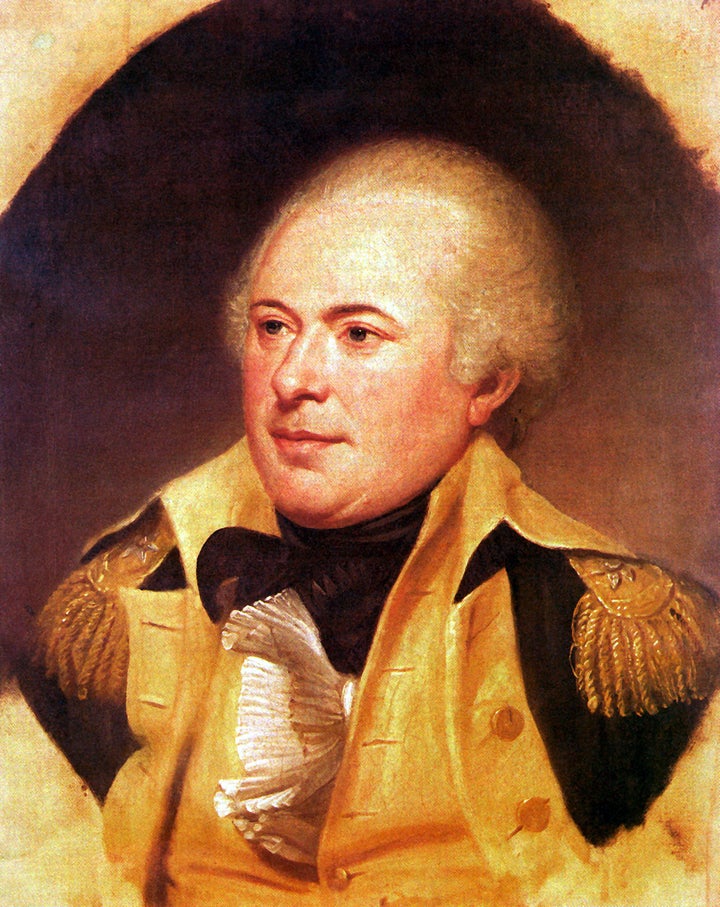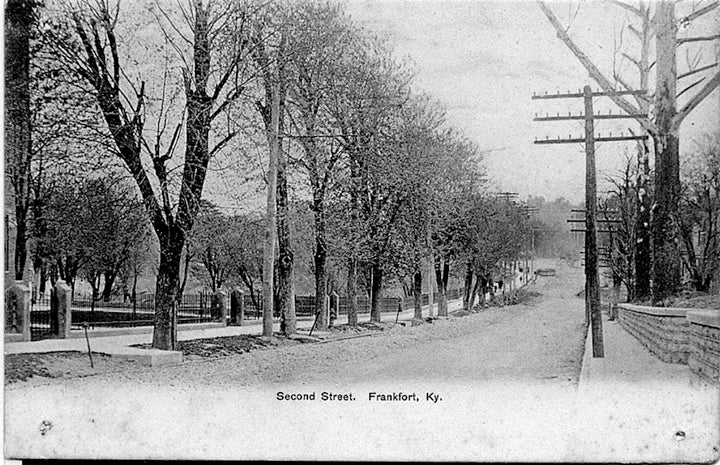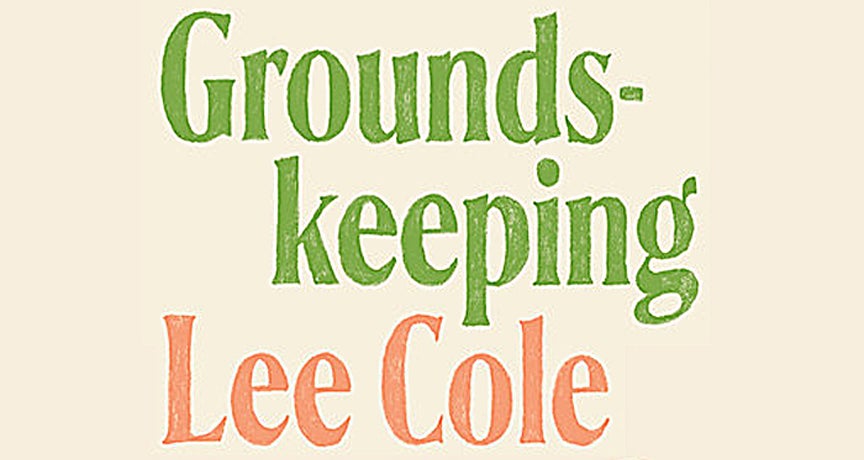By Roger Barlow
Frankfort’s founder, General James Wilkinson, was a conflicted man to put it mildly. He was a soldier and a statesman but also a first-rate opportunist that attempted to fool nearly everyone that crossed his path.
He was a double-agent that wanted our city to be under Spanish control. He named the streets after himself, his wife, Ann Biddle Wilkinson, and others for which he wished to gain favor, including Spanish Colonial Governor of the Louisiana and Florida provinces, Esteban Rodríguez Míró.
Wilkinson was born in 1757 in Maryland. He began his military service during the Revolutionary War and served, quite ironically, under Benedict Arnold.
He married Ann Biddle in 1778, and soon started his meteoric rise to the top echelon of scoundrels. By 1787, he swore allegiance to Spain, received a Spanish pension and was known as “Number 13.”
Wilkinson believed that by Kentucky’s proximity to the Mississippi River and subsequently Louisiana — then a Spanish territory — he would play both the American and Spanish forces against one another. He later became governor of the Louisana Territory while serving as a commanding officer in the Army. No matter how the future played out, he intended to set himself up as the victor.
His double-crossing activities were discussed for generations.
The following are a few of Wilkinson’s well-known shenanigans:
- President Theodore Roosevelt, in writing The Winning of the West (1894), had this to say about Wilkinson:
“In character, he can only be compared to Benedict Arnold, though he entirely lacked Arnold’s ability and brilliant courage. He had no conscience and no scruples; he had not the slightest idea of the meaning of the word honor … He was treacherous to the Union while it was being formed and after it was formed … In all our history there is no more despicable character.”
- Then, in 1908, Alfred Henry Lewis wrote An American Patrician, or the Story of Aaron Burr, and had this to say about Wilkinson (The following being an excerpt from a conversation between Aaron Burr and Samuel Swartwout — a scoundrel in his own right):
“Wilkinson is worth considering. He is paunchy, gross, noisy, vain, bragging, shallow, with a red, sweat-distilling face, and a nose that tells of the bottle. He wears to-night the uniform of his rank. His coat exhibits an exuberance of epaulet and an extravagance of gold braid that speak of tastes for coarse glitter. His iron-gray hair, shining with bear’s grease, matches his fifty years. … As for holding wine or stronger liquor, he rivals the Great Tun of Heidelberg.” (For the curious, The Tun of Heidelberg is a ridiculously massive wooden barrel for holding liquor built in 1751 and located within Germany’s Heidelberg Castle.)
“…to be frank, I believe your friend Wilkinson to be as crooked as a dog’s hind leg.”
“You are right, sir,” says Aaron. “He is both dishonest and treacherous. It was he who uncovered our plans to unhorse Washington, by ‘blabbing,’ … Yes; dishonest and treacherous is Wilkinson.”
“Moreover, I count his dishonesty and genius for double-dealing as virtues. Give me your scheme in detail. We are not, I trust, to waste time with a claptrap democracy, nor engage in the popular tomfoolery of a republic?”
- The following is an excerpt from a conversation between Aaron Burr and Wilkinson.
“The government, imperial in form, shall be styled the ‘Empire of Mexico.’ I shall be crowned Emperor Aaron I, and the crown made hereditary in the male line, which last will create my grandson, Aaron Burr Alston, heir presumptive.”
“And I?” interjects Wilkinson, his features doubly aglow with alcohol and interest. “What are to be my rank and powers?”
“You will be generalissimo of the army.”
“Second only to you?”
“Second only to me.”
James Wilkinson died in 1825 and buried in the interestingly, yet appropriate location, Mexico City.
Frankfort has always seemed to have a slightly disjointed connection with its past. While we look toward the face of our future with changes to our city landscape, we embark on a path that should celebrate the past and entwine that history, as colorful or painful as it may be, with the changes as we look forward.
Cities and their respective founders are similar to families, we don’t pick them — we are born into them. How we handle the particular situation is up to us.
As such, society judges us by not only our successes, but also our failures. While Wilkinson had a brilliant military career, he was an egomaniac, quite willing to trade that in for the promise of wealth and omnipotence.
It’s true, Gen. James Wilkinson was a scoundrel, but he was our scoundrel. I would venture to say that when he took his last breath, he was second only to himself in his own mind.










